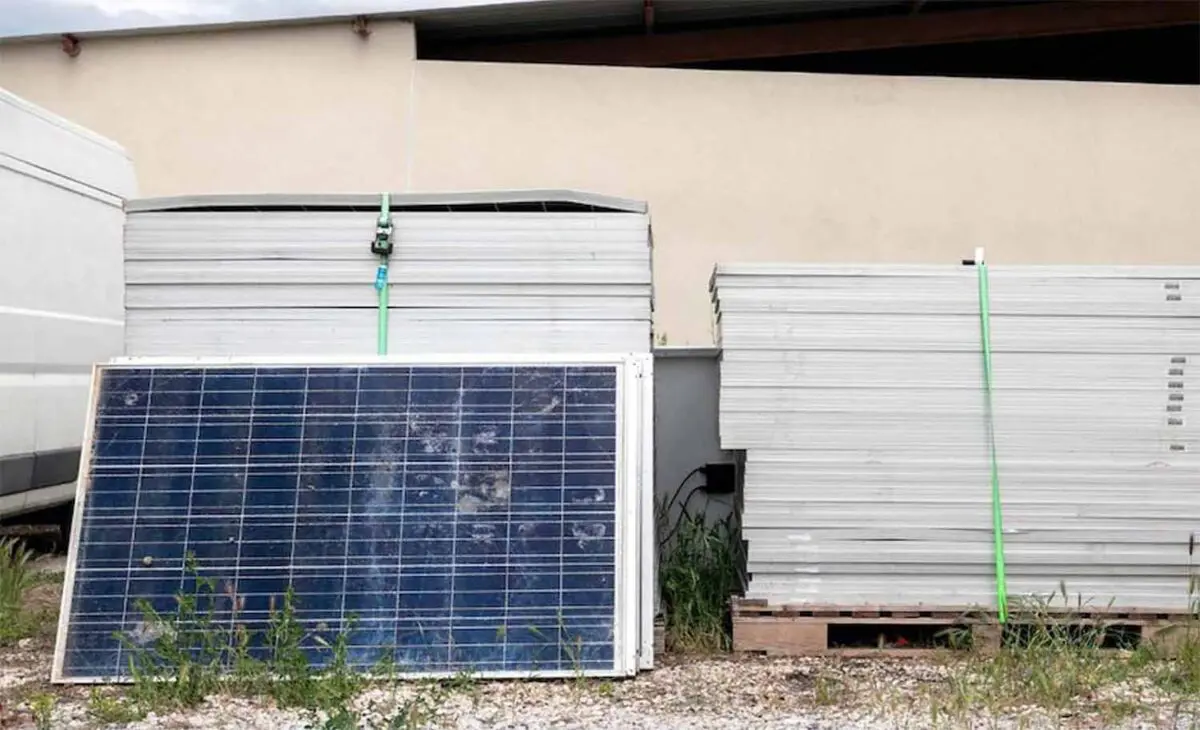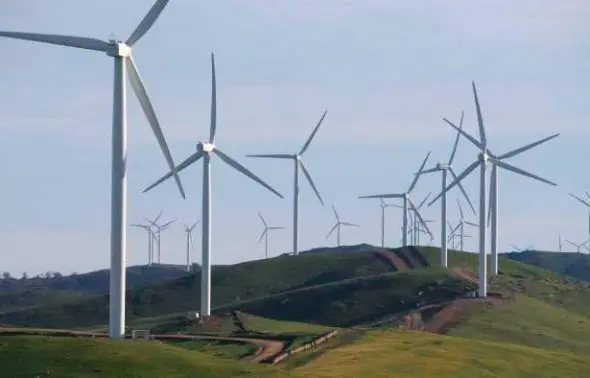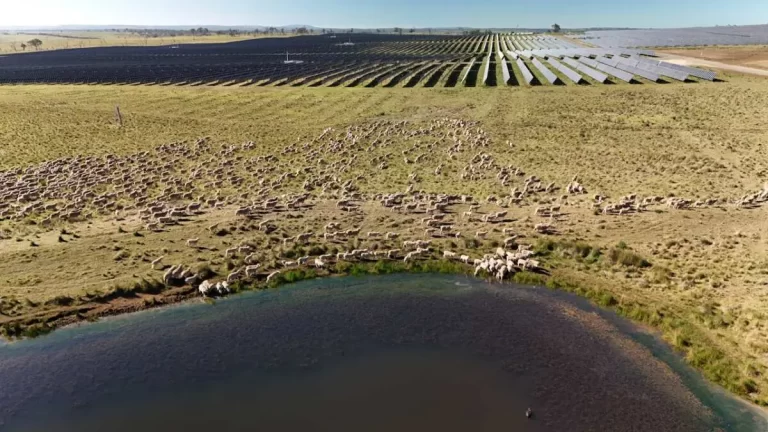New Recycling Rules for Solar Panels to Prevent Landfill Waste
The federal and state governments have reached an agreement to implement a new mandatory recycling initiative for solar modules, aiming to prevent millions of discarded solar photovoltaic (PV) panels from ending up in landfills.
According to the Smart Energy Council, approximately four million solar panels are removed from rooftops across Australia each year, with less than five per cent currently being recycled, despite the fact that recycling is feasible. Although some have questioned this figure, it has been confirmed as accurate by sources.
Projected Increase in Solar Waste
Experts warn that without proactive measures, the volume of solar waste is predicted to nearly double over the next five years, escalating from 59,340 tonnes in 2025 to an alarming 91,165 tonnes by 2030.
Interestingly, the success of the federal battery rebate scheme has led many households to upgrade their solar systems, often resulting in the replacement of older panels with larger, more modern alternatives.
Government Collaboration on Recycling Initiative
During a recent meeting of the Energy and Climate Change Ministerial Council held in Sydney, both state and federal ministers endorsed a proposal from the New South Wales (NSW) government advocating for a national mandatory recycling scheme for solar panels.
NSW has already begun working on a mandated stewardship programme for batteries and plans to develop a Regulatory Impact Statement to assist the government in evaluating options for a national product stewardship scheme.
“We are proud to be leading the charge to create a unified approach to solar panel waste management and recycling,” stated the NSW Minister for Energy and Environment. “This initiative builds on our nation-leading reforms regarding batteries and the existing legislation in NSW that facilitates a mandatory product stewardship scheme, ensuring suppliers are accountable for the safe design, recycling, and disposal of their products.”
Challenges of Solar Waste Management
The increase in solar waste is expected to be most pronounced in urban areas, with regional locations likely to see a rise in waste volumes from large-scale solar facilities post-2030.
Many solar panels are discarded long before they reach the end of their useful life, often ending up in landfills, stockpiled, or exported. However, over 95 per cent of a solar panel is recyclable and contains valuable materials such as aluminium, glass, copper, silver, and silicon, all of which can be recovered and reused.
The Smart Energy Council estimates that about one-third of solar panels could be reused rather than discarded, potentially contributing an additional 24 gigawatts of energy by 2040—enough to power six million homes annually.
Call for Immediate Action
“It’s been a decade since the federal government acknowledged that solar panels in landfills were a problem, and now we see four million panels being removed from roofs each year with less than five per cent being recycled,” remarked SEC Chief Executive John Grimes. “The time for discussion has passed; an immediate first step is to initiate a national solar stewardship pilot to sustain the industry and inform the Regulatory Impact Statement.”
As reported by Sophie Vorrath on Renew Economy’s sister site, One Step Off The Grid, the SEC had previously presented a proposal to the former federal Coalition government, which was ultimately rejected. Since then, they have launched pilot programmes with the support of the Queensland Labor government.
Several companies have begun recycling operations in Australia, and research is ongoing to enhance extraction technologies.
Future Recommendations and Industry Support
NSW is expected to provide updates on its recommendations by early 2026. The ministerial communiqué released after the meeting indicated a strong desire to tackle the solar waste issue and foster a domestic remanufacturing industry.
This initiative has also received backing from the Australian Manufacturing Workers’ Union, which highlighted that such a scheme would create more jobs within Australia. Additionally, Australian Energy Infrastructure Commissioner Tony Maher noted that communities expect renewable energy products to be responsibly manufactured and decommissioned.
“It’s encouraging to see the industry taking this social responsibility seriously and supporting steps towards mandating their stewardship of all solar panels,” Maher stated.






